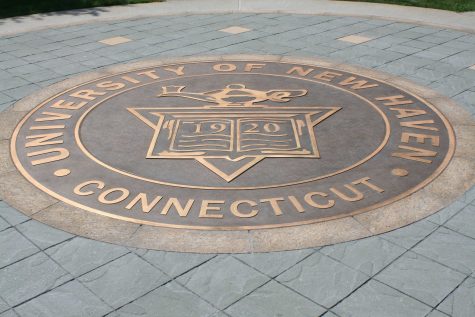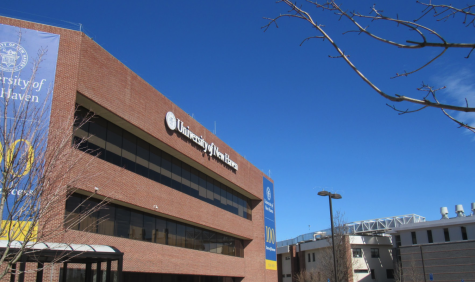University to Temporarily Furlough Employees
In an email sent to faculty on April 3, university president Steven Kaplan said some university employees would be temporarily furloughed.
That means the employees are not being fired, but rather temporarily suspended for the time being while the university recovers from significant budgetary shortfall since the pandemic moved the administration to close the campus.
Kaplan said, “We are being careful to make sure that as many as possible of those who will be furloughed will be held harmless in terms of their income.”
Affected employees will continue to receive income and medical benefits. They are eligible to apply for unemployment insurance, and the federal stimulus bill should provide an additional $600 per week. Kaplan said that employees who earn $62,500 or less “will retain income similar to pre-furlough levels.” The university will also offer no-interest gap loans to affected employees.
“Please understand that the decisions we have made have been extraordinarily difficult,” said Kaplan. “But the decisions are driven, in part, by the reality that in our new work-at-home paradigm, some jobs simply cannot be accomplished remotely and require an office space, while other jobs do not lend themselves to full-time work in an at-home setting.”
Furloughs will be active until July 31, 2020, and affected employees will be notified in the coming days.
The university is facing a $12 million to $15 million loss in the current fiscal year, according to Kaplan’s April 3 email. In an email response to the Charger Bulletin, Kaplan said that additional measures the university is taking to minimize losses include salary cuts for all faculty and staff, a temporary halt of contributions to employees’ retirement plans, closing buildings to reduce energy and maintenance costs, a pause on capital projects on campus, a halt on new purchases, and individual analyses of open positions before filling them.
“We will need to revisit each of these decisions in June should the virus persist and we remain in the current state of online learning and employees working from home,” said Kaplan. “We will also be assessing any negative financial impacts from a decrease in our summer course offerings or from a decrease in retention or new enrollments for the fall.”
The university, with contributions from Board of Governors Chair William Bucknall (’63, ’65, ’08) and other board members, established a fund to assist employees affected by COVID-19.
Kaplan said, “We continue to look at the entire university operating budget, but believe that the actions we have taken to date should put us in a good position for the balance of this fiscal year.”

Corina Rodriguez is a senior majoring in communication with a double concentration in journalism and TV production, and a minor in Spanish. She has been...














